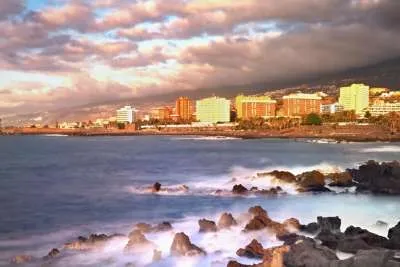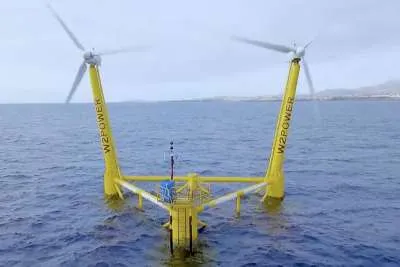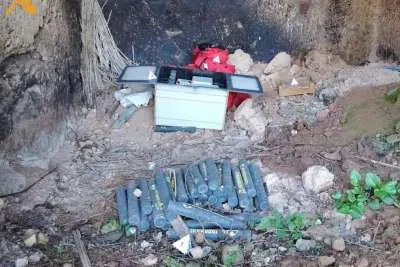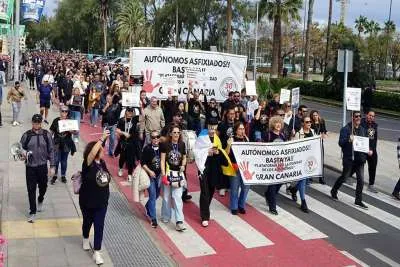Tenerife Cabildo approves controversial Fuel Tax to fund forest protection measures
- 01-08-2025
- Tenerife
- Canarian Weekly
- Photo Credit: Freepik
The Tenerife Cabildo has officially approved the implementation of a new fuel tax, dubbed the "céntimo forestal", aimed at funding forest fire prevention and environmental restoration efforts.
The decision, confirmed in yesterday’s full council meeting (Thursday), has sparked debate among political parties, residents, and business owners alike.
The tax will see a surcharge of €0.02 per litre added to the cost of petrol and diesel on the island. It is expected to generate approximately €10 million annually, which will be directed towards reforestation with native species, soil erosion control, and improving fire prevention systems in high-risk areas.
Exemptions and Objectives
Professional transport companies and vehicles used for public transport and goods delivery will be exempt from the tax. According to the council, this exemption is designed to minimise the impact on essential services and the cost of transporting goods across the island.
The measure was passed with the backing of the ruling parties, Coalición Canaria and the Partido Popular, who argue that the new tax follows the "polluter pays" principle. Blanca Pérez, Councillor for the Natural Environment, said the tax is a necessary step to protect Tenerife’s natural heritage, especially in the face of increasingly destructive wildfires.
Political Tensions Rise
However, the decision has not been without controversy. The main opposition party, PSOE, voted against the measure, calling it “inflationary” and warning that it will increase the cost of living for residents and tourists alike. They also criticised the ruling parties for rejecting a separate proposal for a tourist accommodation tax, which would have targeted overnight stays on the island, while approving a fuel tax that affects both locals and visitors.
"The government refuses to implement a tourist tax that would primarily impact visitors, yet supports a fuel tax that burdens residents, including those who must commute for work," said a PSOE spokesperson.
In contrast, the party pointed out that this same fuel tax has already been approved in Gran Canaria, where PSOE governs in coalition with Nueva Canarias, a fact highlighted by the governing parties in Tenerife to call out what they see as a contradiction in PSOE's position.
Vox, meanwhile, abstained from the vote, neither supporting nor opposing the measure.
Implications for Tourists and Residents
While the tax is relatively small, just one or two cents per litre, critics argue that its cumulative effect could lead to increased prices not only at the pump, but also across goods and services reliant on transport. This could particularly affect residents who rely on private vehicles to commute, as well as tourists hiring cars during their stay on the island.
The Cabildo insists the funds are essential to safeguarding the island’s forests, which are under increasing threat from climate change and illegal dumping. Supporters say that investing in the natural environment will ultimately benefit both locals and visitors in the long run, though the short-term economic impact remains a concern for many.
As Tenerife continues to balance tourism, environmental protection, and the cost of living, this new tax marks a significant shift in policy, one that will likely remain under close scrutiny in the months ahead.
Other articles that may interest you...
Trending
Most Read Articles
Featured Videos
TributoFest: Michael Buble promo 14.02.2026
- 30-01-2026
TEAs 2025 Highlights
- 17-11-2025
































































